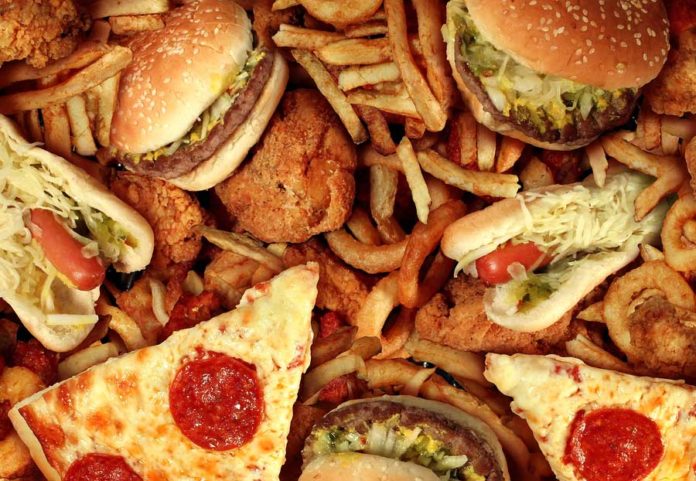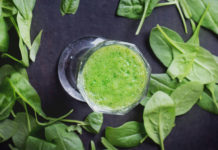In 2013, The U.S. Food and Drug Administration announced that partially hydrogenated oils, the main source of artificial trans fat in food, are not “generally recognized as safe.” They based this conclusion on scientific evidence and the findings of expert scientific panels. Thus began the significant but slow process of introducing a ban on trans fat.
FDA Commissioner Margaret A. Hamburg, M.D. called the use of trans fats “a significant public health concern.” In mid-2015 the FDA announced plans to phase trans fat out of food entirely over three years. But that doesn’t mean you can sit back and relax, even after 2018. Read on and you’ll learn what to look out for.
Why You Should Eliminate Trans Fat Now
Multiple studies, such as one from the Mayo Clinic, show that trans fats raise LDL or “bad” cholesterol, increasing risk for heart disease and diabetes. At the same time, these additives lower your HDL or “good” cholesterol. Many of us already work hard to make positive life choices that increase the good and lower the bad cholesterol. Don’t sabotage your efforts by consuming this sneaky additive!
They’re also linked with increased risk of colon cancer, obesity, infertility and mood changes.
What’s the upside of consuming trans fats? Trick question; there is none. The independent Institute of Medicine concluded that trans fat provides no known health benefit and that there’s no safe level of consumption of artificial trans fat. The FDA recommends that “consumption of trans fat should be as low as possible.” What’s the lowest possible amount of trans fat? Zero!
FDA Regulations Aren’t Enough
The FDA labeling regulations on trans fat only apply to one type of trans fat, triglycerides. Many other foods contain emulsifiers like mono- and diglycerides, which carry the same risks. Even though mono- and diglycerides may contain trans fat, they aren’t required to be labeled as trans fats on food packages.
What is more, the “no trans fat” label just means that the product contains less than 0.5 grams of trans fat per serving from partially hydrogenated oils. So don’t depend entirely on labels to know what to eat, in order to avoid these dangerous ingredients.
What Foods Contain Trans Fat?
Before you can eliminate trans fat you have to know where to look. Manufacturers use trans fats to blend together ingredients that don’t typically blend well. It can keep foods from separating, slow down the rate of spoiling, and even prevent ice cream from melting! If you see food behaving in a way that just doesn’t seem normal, it’s not.
Trans fat can be found in many packaged, processed foods. Read labels carefully for microwave popcorn products, frozen pizzas, canned soups and chilis, margarines, coffee creamers, cookies, doughnuts, and other snacks. Remember, even foods labelled as “trans fat-free” can still contain up to 0.5 grams. Your safest bet is to avoid packaged foods entirely.
When you eat out, you’ll have to be even more vigilant. Many restaurant chains have stopped frying food in partially hydrogenated oils and so have significantly reduced trans fat levels in french fries and other foods. Some are still in the process of making changes, so you can always ask. However, according to recent reporting by Health magazine, offenders still included Popeye’s Chicken, Marie Callender’s, Applebees, Krispy Kreme, Carl’s Jr., and White Castle.
Some restaurants have eliminated trans fat from some, but not all menu items. For example, the article cited above states that Popeye’s has eliminated them from their biscuits but not their fries. Many restaurant chains are recognizing the public’s increased interest in eliminating trans fats, so stay aware of changes and don’t be afraid to ask questions.
Eat Well
A few years ago, I warned you about a potentially more dangerous product, genetically modified soybean oil. Be sure look out for that as well!
If you’re feeling frustrated about what to eat and what not to eat, our site contains plenty of tips and helpful information on food that will improve your health.
Opt for whole, natural foods. Each organic when possible. As much as possible, prepare your own meals and cook with organic coconut oil, or olive oil or clarified butter (ghee). Also, stay educated about what food manufacturers are putting in their products. Eliminate trans fat and take an important step to a healthier, longer life.
—
Photo credit: digitalista / bigstock.com








